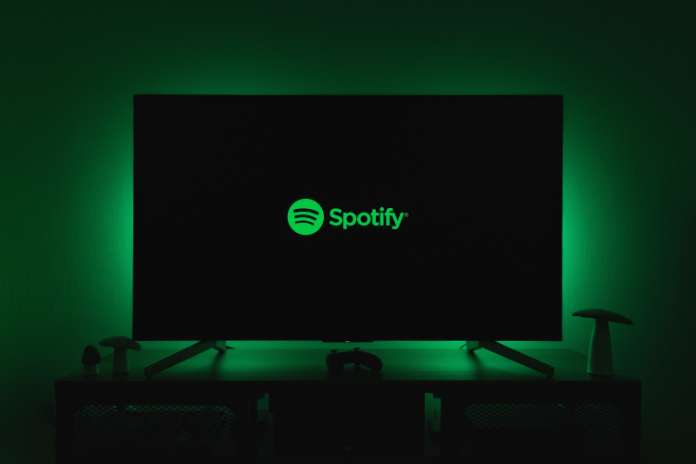Spotify (NASDAQ:SPOT) is poised to announce its fiscal first-quarter earnings on Tuesday before the market opens. Analysts anticipate the music streaming giant to transition to profitability on an adjusted basis as it continues executing its recent “efficiency” strategy.
Over the past year, Spotify has undergone multiple rounds of layoffs, alongside implementing price hikes and other measures aimed at enhancing top-line growth and bolstering margins. The company has also signaled a more cautious approach to future investments, particularly after allocating substantial funds to penetrate the competitive podcast market. “The hurdle rate for any new type of investments will be much higher than what it has been,” remarked Spotify CEO Daniel Ek during the company’s fourth-quarter earnings call in February.
In addition to more judicious spending, Spotify is reportedly preparing to raise prices once again following last summer’s adjustments to certain subscription plans.
According to Bloomberg, Spotify intends to increase prices by approximately $1 to $2 per month in five markets, including the United Kingdom, Australia, and Pakistan, with changes expected to roll out by the end of April, while U.S. prices are anticipated to follow suit “later this year.”
Here’s what analysts anticipate from the forthcoming report, based on Bloomberg consensus estimates:
- Revenue: €3.61 billion versus €3.04 billion in Q1 2023
- Adjusted earnings per share: €0.65 versus an adjusted loss of €1.16 in Q1 2023
- Total monthly active users (MAUs): 618 million versus 515 million in Q1 2023
- Premium subscribers: 239 million versus 210 million in Q1 2023
Overall, analysts have expressed optimism about Spotify’s prospects following its commitment to enhance profitability beginning in 2023, focusing on gross margin and operating income improvements.
Spotify’s stock has surged over 100% in the past year and is up 43% year-to-date.
“Podcast margins were near breakeven in 4Q23, and management commentary signaled that margins are likely to positively inflect and drive profitability through 2024,” noted Macquarie analyst Tim Nollen in a pre-results analysis.
Nollen maintained his Outperform rating on shares while raising his price target to $330 from $300 “given the continued focus on profitability.”
Spotify guided to gross margins of 26.4% in Q1, following 26.7% in the fourth quarter. Long-term expectations include gross margins between 30% and 35% as the company aims to further expand its podcasting and ads business.
Over the past four years, Spotify has invested $1 billion in podcasting, clinching high-profile deals and acquiring studios worth over $400 million. However, this expenditure has impacted gross margins and profitability, leading to several rounds of layoffs, including three in 2023 alone.
Spotify’s CFO, Paul Vogel, stepped down on March 31 and will be succeeded by Christian Luiga, formerly of Swedish aerospace and defense company Saab, effective the third quarter, the company announced.
“We think the change is welcome given Spotify’s renewed focus on profitability,” Nollen remarked.
In addition to workforce reductions and price adjustments, Spotify has revamped its royalty structure, made audiobooks free for paying subscribers, and struck new agreements with popular podcasters like Joe Rogan and Alexandra Cooper of “Call Her Daddy.”
These agreements reflect Spotify’s shift towards a more distribution-oriented podcast strategy rather than focusing solely on exclusivity. Rogan’s podcast, the platform’s most popular, will now be available on services like Apple Podcasts (NASDAQ:AAPL), Amazon Music (NASDAQ:AMZN), and YouTube for the first time in years. Spotify will manage distribution and ad sales, with Rogan receiving a guaranteed minimum rate and a share of advertising revenue.
Similarly, Cooper’s “Call Her Daddy” podcast will adopt a comparable arrangement, becoming available on all major audio platforms after over two years as a Spotify exclusive, while the company retains exclusive rights to the video component of the podcast.
Featured Image: Unsplash















